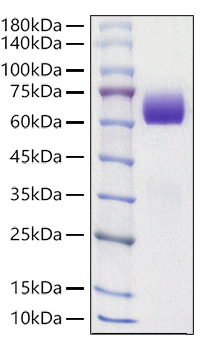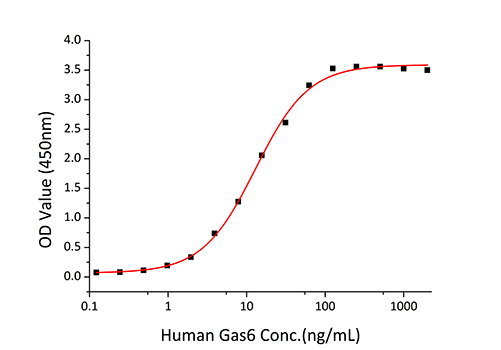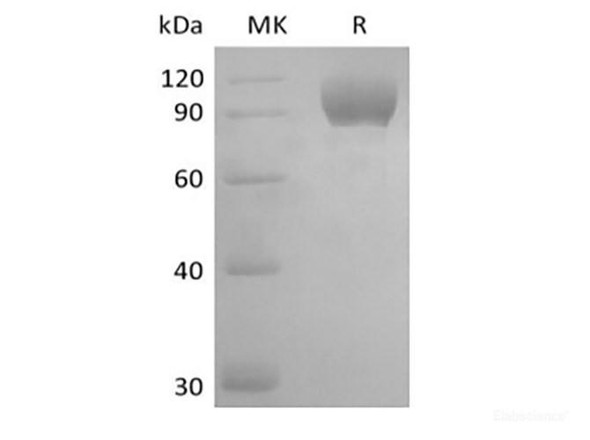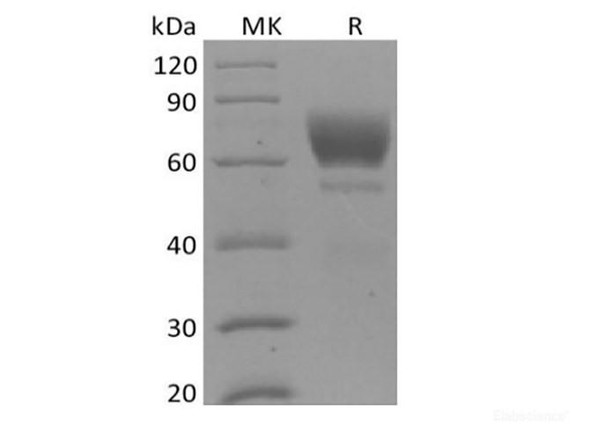Axl receptor tyrosine kinase, together with Tyro3 and Mer, constitute the TAM family of receptor tyrosine kinases. In the nervous system, Axl and its ligand Growth-arrest-specific protein 6 (Gas6) are expressed on multiple cell types. Axl functions in dampening the immune response, regulating cytokine secretion, clearing apoptotic cells and debris, and maintaining cell survival. Axl is upregulated in various disease states, such as in the cuprizone toxicity-induced model of demyelination and in multiple sclerosis (MS) lesions, suggesting that it plays a role in disease pathogenesis. Axl expression correlates with poor prognosis in several cancers. Axl mediates multiple oncogenic phenotypes and activation of these RTKs constitutes a mechanism of chemoresistance in a variety of solid tumors. Axl contributes to cell survival, migration, invasion, metastasis and chemosensitivity justify further investigation of Axl as novel therapeutic targets in cancer. The receptor tyrosine kinase AXL is thought to play a role in metastasis. The soluble AXL receptor as a therapeutic candidate agent for treatment of metastatic ovarian cancer. GAS6/AXL targeting as an effective strategy for inhibition of metastatic tumor progression in vivo.








